If you want to talk politics in Mississippi, bringing former Gov. Haley Barbour to the table makes sense, and that’s what Jackson State University did — twice this past semester — through its Mike Espy Scholars-in-Residence series. Barbour cut his political teeth in the administration of Ronald Reagan. The prominent Washington lobbyist was chairman of the Republican National Committee from 1993 to 1997 and served two terms as Mississippi governor from 2004-2012. During an April appearance, Barbour — speaking on the value of a two-party system — encouraged students to consider a broader political affiliation.
In his first term, he said he only received 10 percent of the Mississippi black vote but that increased to 25 percent in his re-election. “It’s easier to govern” when there is overlap of the black vote, he said. Politicians, he said, should look out for the broad range of voters when governing. Closing Republican primaries to all but registered Republicans would be bad for the party and the state, he said. Already, the trend in national political parties — and how congressional districts are configured — is to concentrate people of one party. The effect is that Congress is polarized: too many people right or left and “hollowed out” in the middle, he said. And Katrina Barbour’s swift and decisive response to Hurricane Katrina nearly 10 years ago thrust him into the national spotlight.
During a February visit to JSU, Barbour recounted the days after Katrina devastated the state. The damage, he said, “looked to me that this must be what Hiroshima looked like.” “We didn’t think it could get any worse than Camille,” he said, referring to the 1969 storm. But Katrina, which struck the Gulf Coast on Aug. 29, 2005, was two disasters in one: It had winds powerful enough to collapse the roof of the Emergency Operations Center on the Coast that had withstood Camille; and a storm surge that created a 38-foot wave — twice as high as Camille. “Mississippi got knocked flat,” Barbour said. Hurricane winds stretched 200 miles inland. Nearly every county in the state was declared a disaster area. Some 64,000 homes on the coast were made uninhabitable. Damages topped $32 billion. While New Orleans got the nation’s attention for its flooding, Mississippians tackled the job of rebuilding, said Barbour, who has written a book about Katrina that will be published in August. ONEJSU
— Jim Ewing



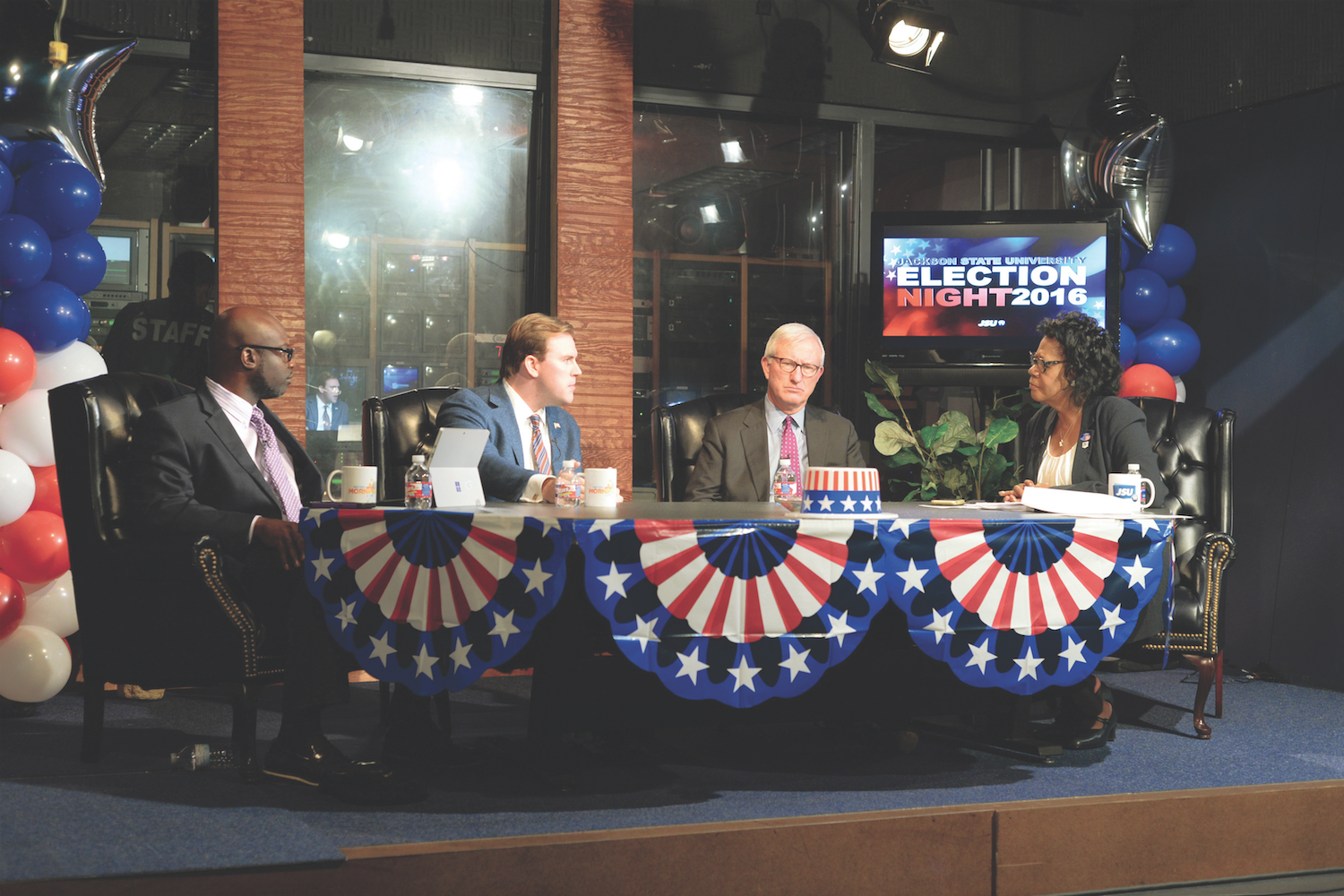
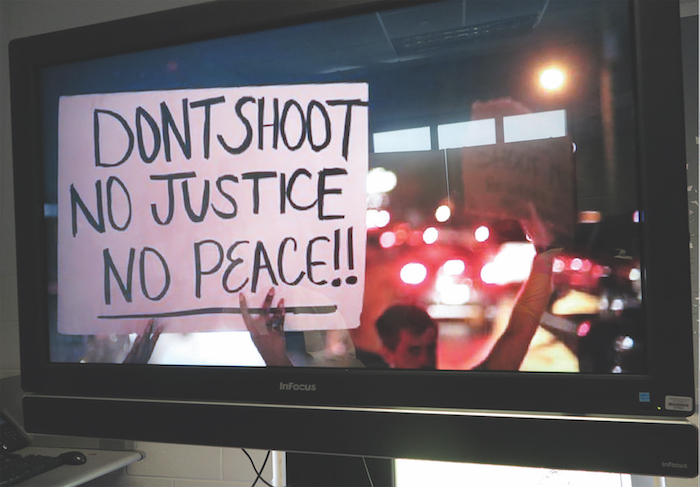
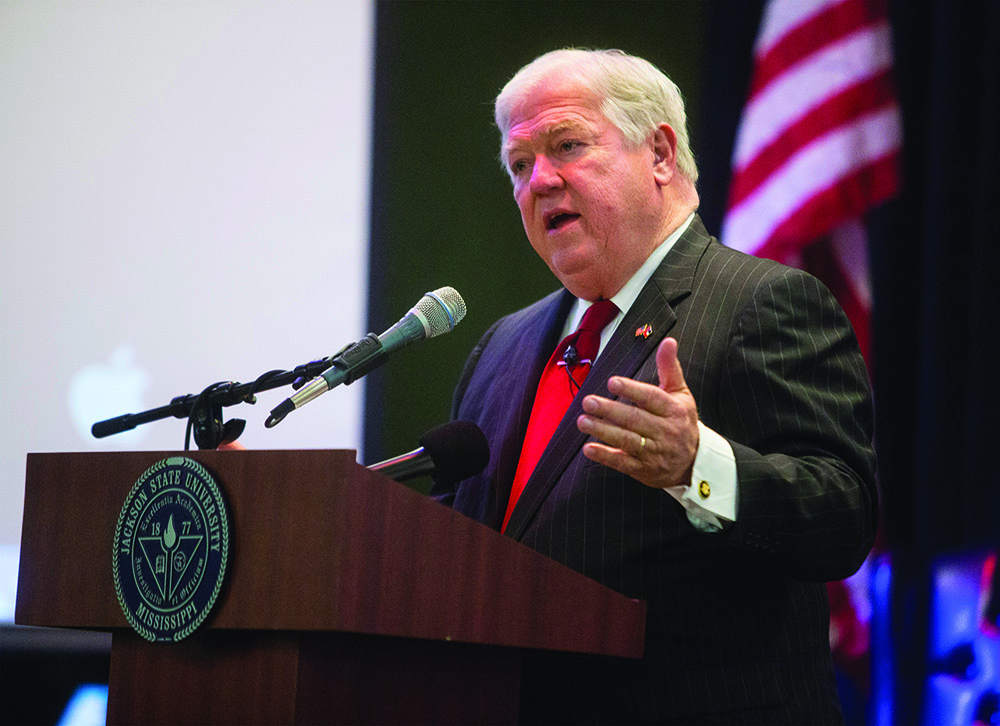
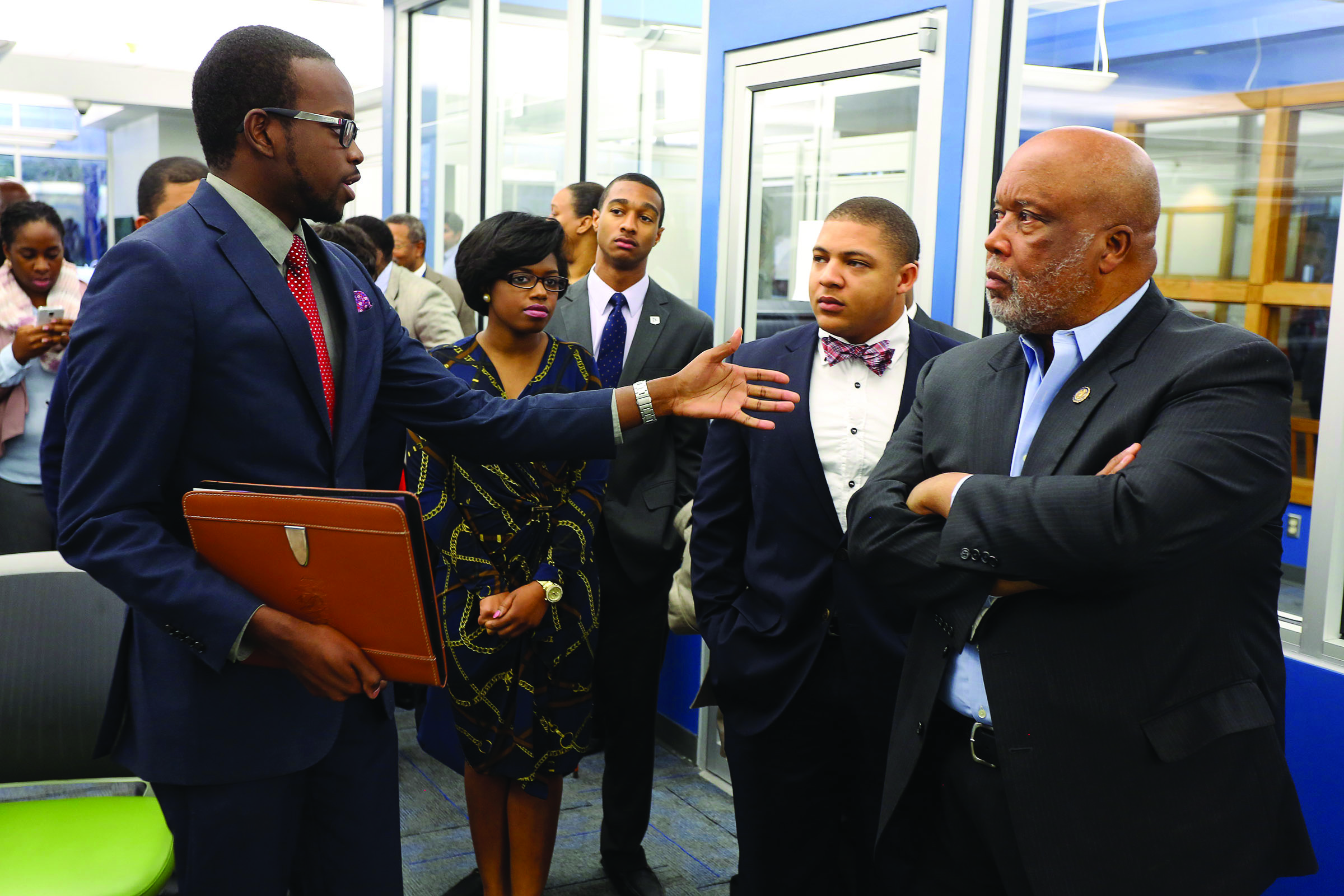

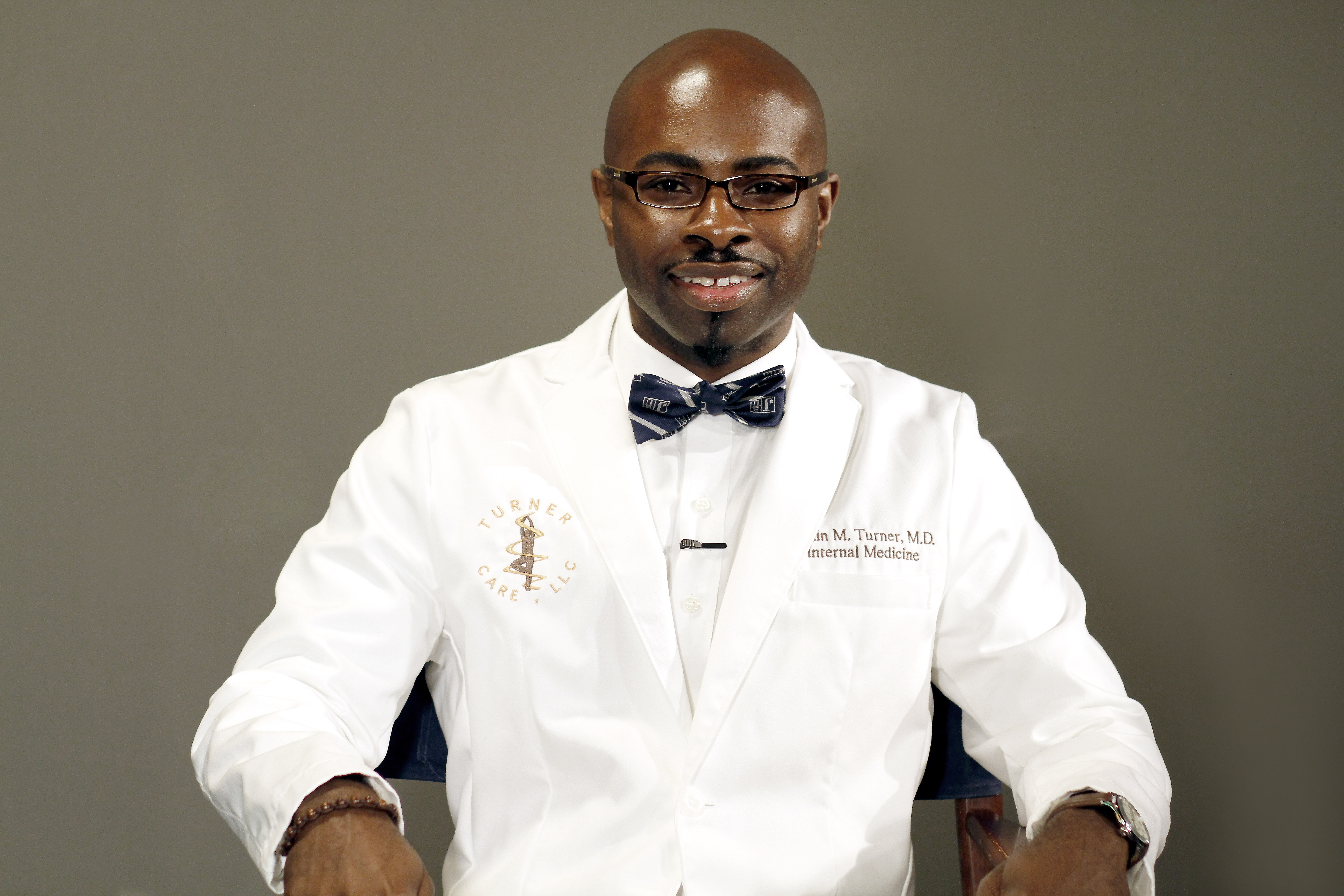
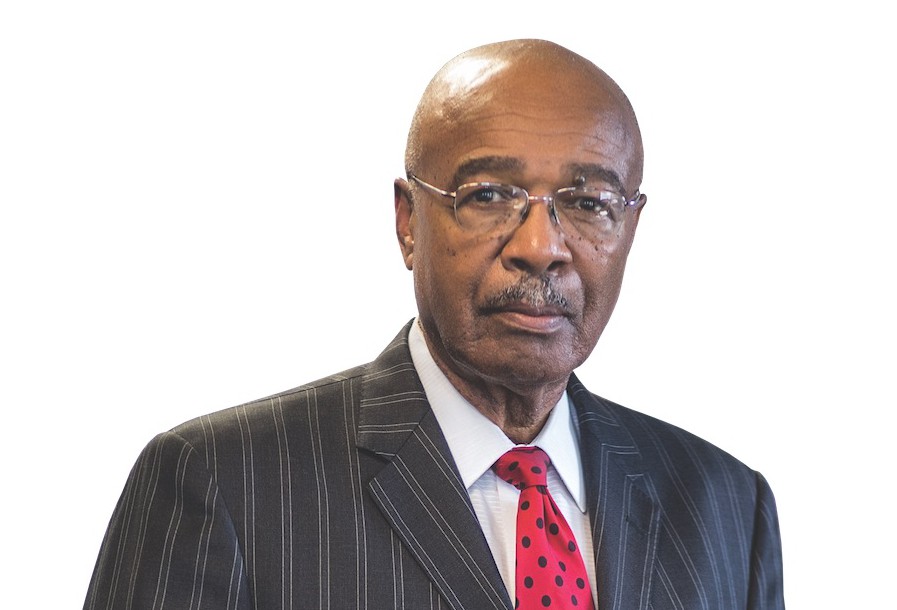
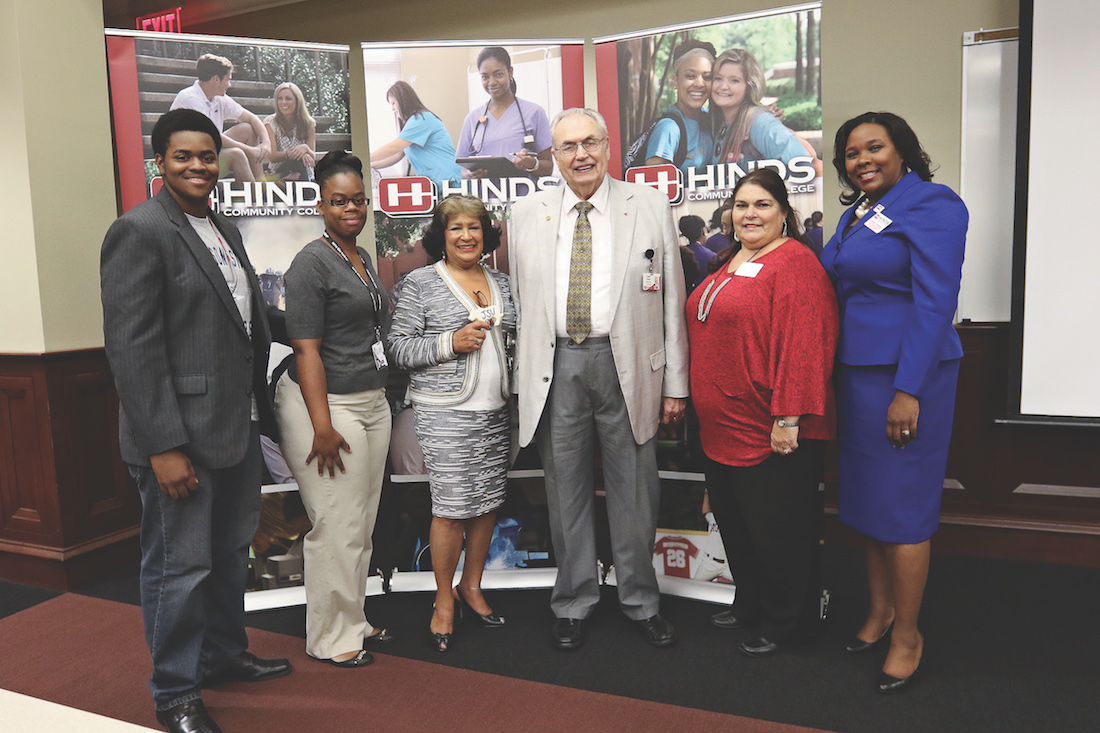
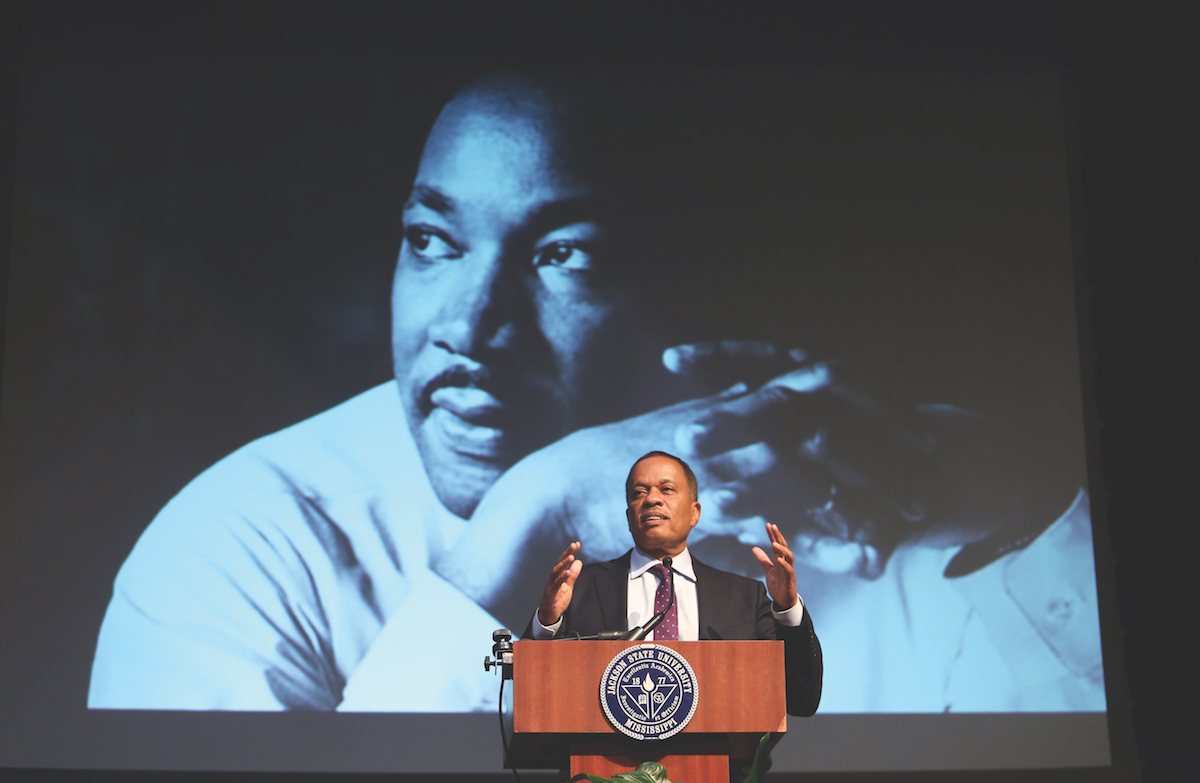
Leave a Reply